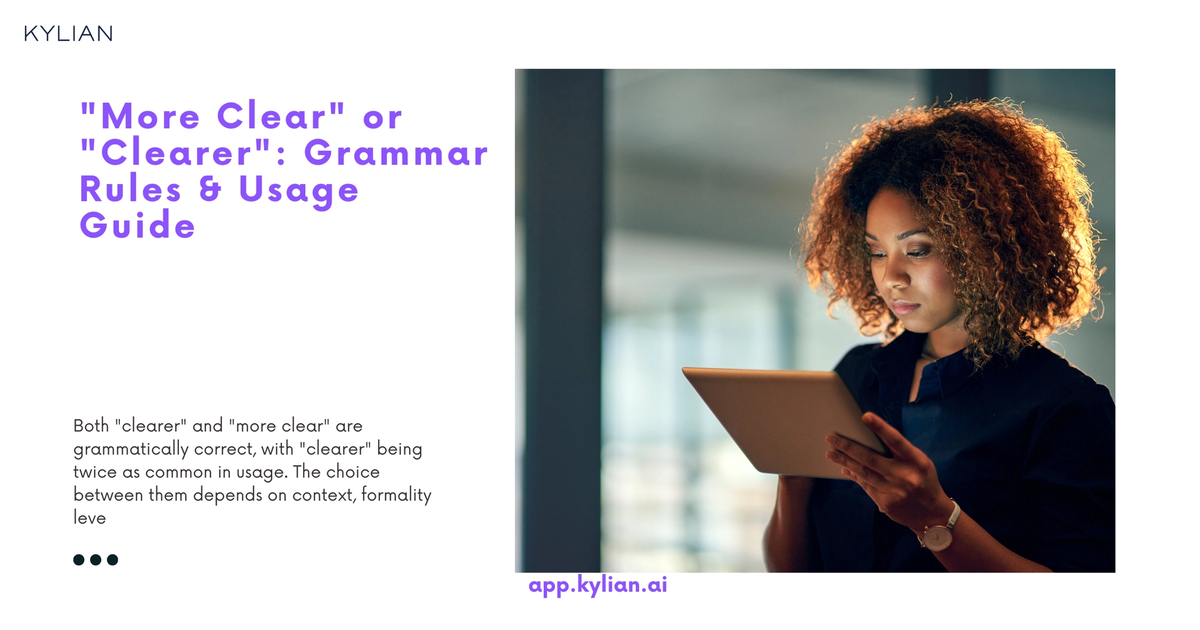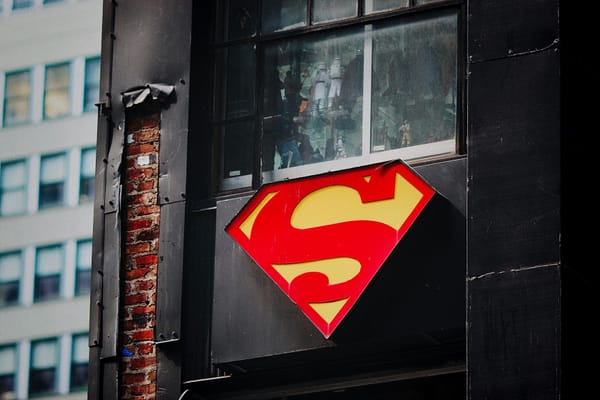I Once Was Blind

The eye doctor asked me if an image was clearer and I said, "Yes," but I was thinking to myself that I always say "more clear." Then I started to wonder which one of us was right. It seemed a doctor who studies eyes would know better than I would, but I decided to look it up when I got home.
I didn't remember to look it up that day, but I did eventually. The answer taught me so many things I was surprised I didn't already know about English. How had I never noticed the similarities in the ending sounds between "er" and "more" or "est" and "most"? Also, I always thought I just needed to remember which words use the suffixes and which use "more" or "most" beforehand, but it turns out that there is a trick:
Most of the time, the suffixes "er" and "est" are used to add value to one-syllable words or two-syllable words that end in "y." I wondered why I didn't know this trick, and also why I've been saying "more clear" when CLEARLY, "clear" is only one syllable.
The following blog post explains the purposes of both uses in greater detail. As one who loves to write and edit, I found it to be very interesting!

It is comforting to know that my eye doctor and I are both right. (Everybody wins, hooray!) To add to the concept that some choices of wording are considered to be more formal than others, I also like the phrase I learned in one of my college grammar classes: elegant options.
The idea that I have been choosing the elegant option, "more clear," is pretty exciting considering my humble beginnings. I wonder if I do that with any other words.
I am going to notice the way I use "er," "est," "more," and "most" because NOW I SEE (and because I see, now I'm curious about other adjectives and how I choose to augment them). Join me?




